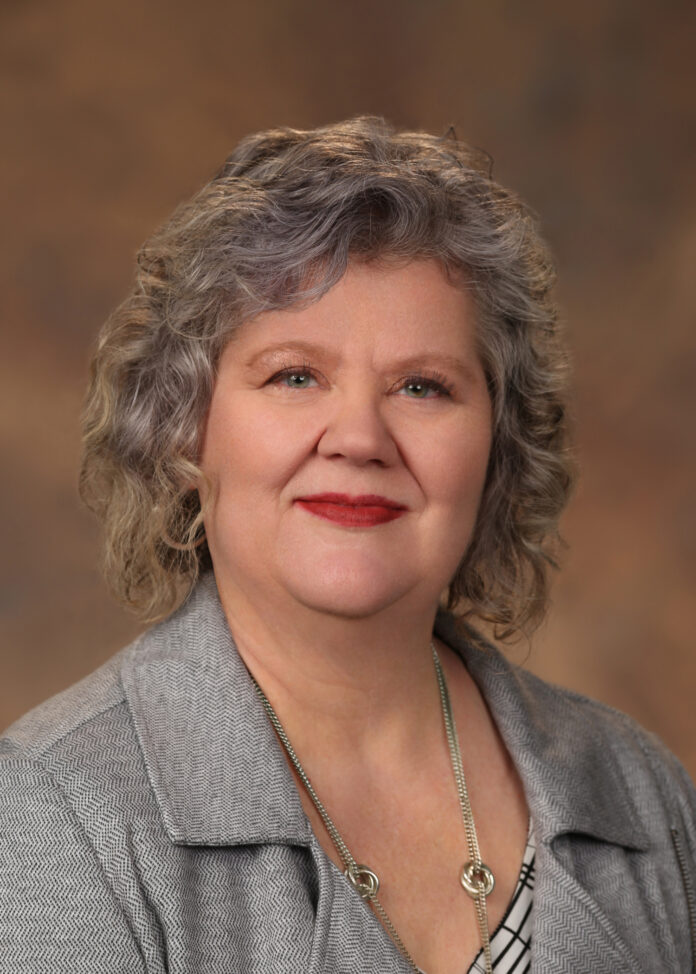
I have a big family history of cancer. Both of my parents, most of my aunts and uncles, all my grandparents have had cancer. There are days when I feel a bit like a time bomb with cancer. The thing is though, that both my experiences with my family, and my experiences in healthcare have taught me very well is that cancer has gotten extremely treatable. It is not the whispered “C”-word that I remember from my childhood even in advanced cancers today. The best outcomes with cancer are associated with early detection and early treatment. Because of that, it is so important that people speak to their health care provider about screenings for cancer so if someone is diagnosed with cancer it is caught as early as possible.
Colon cancer is one of the cancers where early really matters and makes a huge difference on treatment. According to the American Cancer Society colon cancers are described by stages. Stages are classified as stage 0 up to stage IV. Stage 0 cancers are very early cancers — sometimes they are referred to as “pre-cancerous”, stage IV cancers are cancers that have spread outside the colon to multiple other areas of the body. The stages in the middle are various levels of how far the cancer has spread. The higher the stage, the harder it is to treat. As a matter of fact, colon cancer is one of the leading causes of death, and that is because while it is very treatable in the early stages it gets very difficult to treat if it is not found until the later stages.
The statistics regarding colon cancer in the early stages of detection and treatment are striking. For colon cancers discovered in stage 0 or 1, the 5-year survival rate is over 90%, but for people where the cancer is discovered in stage IV the 5-year survival rate drops to 14%.
The treatment for colon cancers also changes dramatically as the cancer stages change. According to the American Cancer Society, most people who have stage 0 cancers, those areas can be removed by surgeries to remove the cancer. Most commonly that is taking out the polyp or cancerous cells during a colonoscopy, occasionally it is by removing a small portion of the colon through a surgical incision. With stage 0 colon cancers, treatments like radiation or chemotherapy are rare. Stage I colon cancers are also generally treated with surgical procedures, sometimes through colonoscopy, but the need for surgical incisions is higher with the stage one cancers. Again, the need for chemotherapy or radiation is rare with these cancers. As the stages increase, the surgeries tend to get bigger with partial or total colectomies —the removal of part or all of the colon. That can also mean ostomies. An ostomy is a hole that must be created in the wall of the stomach for the person to have bowel movements because the part of their colon that connects to their anus has to be removed or cannot be connected internally. People in higher grades of cancer generally also need chemotherapy, radiation therapy or both. Again, those treatments work a good portion of the time, but they are much more difficult than a colonoscopy with polyp removal.
Because early detection is so key to survival but also quality of life with colon cancer, the American Cancer Society and many others have recommended everyone start getting screened at age 50 for years now. But this year, the recommendations changed to age 45. That is because the research was showing 50 wasn’t quite early enough to catch cancers at those earliest stages in quite a few people. After than you should get screened for cancer every 10 years until you are at least age 75, and more often if you meet certain criteria.
One more little fact from the American Cancer Society. 1 in 3 people who are diagnosed with colon cancer have never been screened — even though they were of the age that it was recommended. Those cancers are almost always found in later stages. There are options other than colonoscopy for colon cancer screening if that is what is stopping you from getting screened. Please speak to your health care provider if you are age 45 or older about the colon cancer screen that is best for you.



